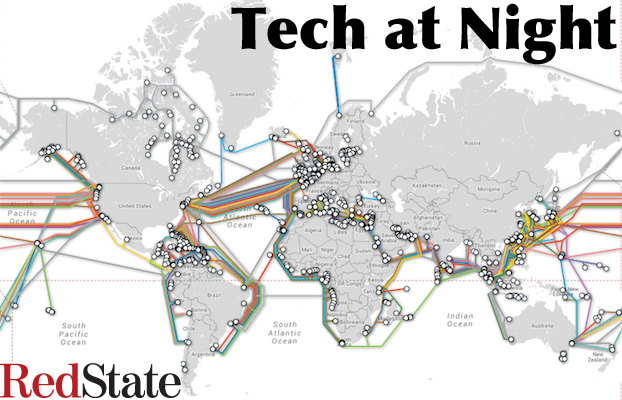
WCITLeaks having some success, possibly, as WCIT itself starts talking about openness. When even pro-Internet-regulation folks oppose UN or ITU regulation of the Internet, it needs sunshine for public evaluation.
Mary Bono Mack’s response is the right one: oppose all government meddling, not just the UN or ITU.
Continue reading »

There’s a lot of fear going around about ACTA, the Anti-Counterfeiting Trade Agreement, a plurilateral agreement under the WTO between the US, the EU, Canada, Australia, New Zealand, Singapore, Japan, South Korea, and Morocco. Some of the fears look real, some don’t. For example, even though it was negotiated in secret, the text is easily available.
Another false complaint is that it’s another SOPA, when in fact such a claim misses the point. SOPA was a bad bill, as it turned out to be a censorship bill that defied due process, but the intent was to fight the problem of free riding on copyright and trademark. Crossing international boundaries has been a cheap and easy way to cash in on another country’s copyright and trademark laws without having to abide by them. SOPA tried to fix that in a crude, rude, and ineffective way. ACTA has more options, and doesn’t have to resort to censorship, necessarily.
I’ve just read the treaty. I don’t really see a problem. Even if infringement isn’t ruining the movies and music, trademark and copyright are Constitutional concepts worthy of protection. That’s why some of the anti-SOPA leaders are promoting their own bill.
The pro-liberty position is not one of anarchy. It’s time to get reasonable protections in place. Maybe I missed something, and ACTA is a problem. But the best argument I see against ACTA is that it only includes a few countries, and not those best known for infringement (such as China, either China in fact). ACTA may yet be harmless but ineffective, as opposed to SOPA being harmful and ineffective.
Continue reading »
The United States of America keeps the United Nations afloat. In 2009 we were assessed 22% of the budget of the UN, and paid out slightly under 24% of what was collected, thanks to the Tax Equalization Fund system*. So in practice we paid about a quarter of the UN budget. Without us, the UN has to do some serious belt tightening.
So if we’re going to keep alive the UN as we know it, spending $598,292,101 in a direct assessment and surely more in other expenses, we’d best make sure we’re getting our money’s worth. The Obama deficit has gone through the roof and we simply cannot afford frivolous luxuries anymore. If the UN is not achieving its mission, it’s time we stopped paying for it.
This month I believe the UN has finally crossed the threshold of uselessness, and it’s time we defund it.
Continue reading »

